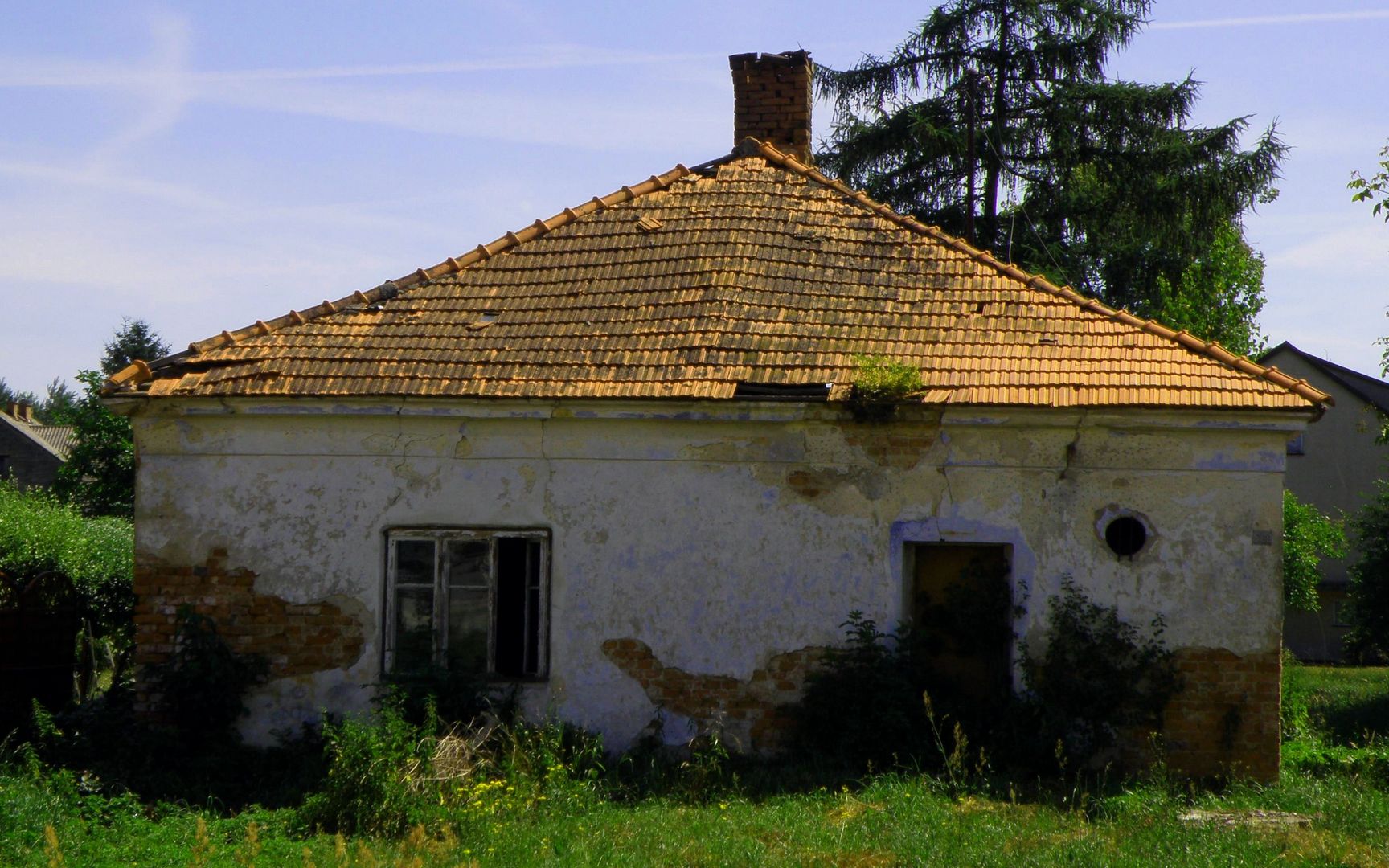Borzęcin
7.16

Overview
Borzęcin is a village located in the Lesser Poland Voivodeship, within Brzesko County, with a rich history dating back to 1364, when it was founded. The village is home to the Church of the Nativity of the Blessed Virgin Mary, which is listed in the register of immovable monuments of the Lesser Poland Voivodeship, with some of its elements originating from the 17th century. Borzęcin is known as the hometown of several notable figures, including Wiktor Tomasz Badowski, a victim of the Katyn massacre; Sławomir Mrożek, a renowned playwright; and Emilia Piękosz-Hynek, who was honored with the title of Righteous Among the Nations for aiding Jews during World War II.
The village's location near the Uszwica River facilitated settlement and agricultural development. The population of Borzęcin, primarily of Slavic origin, had settled in the area even before its official establishment. In the 18th century, the village underwent administrative changes, including coming under the control of the Austrian Empire. During the 19th century, residents faced hardships related to labor on manorial fields and food shortages, leading to economic emigration.
The 20th century brought dramatic events, particularly during World War II, when Borzęcin experienced the extermination of its Jewish and local populations. After the war, the village was largely destroyed but began rebuilding, restoring its social and economic life. The residents maintain strong agricultural and cultural traditions, and their history is intertwined with the turbulent events of the past.
An interesting fact is that during the German occupation, many villagers risked their lives to help persecuted Jews. Borzęcin also features settlements with distinctive names, and its infrastructure, such as bridges connecting the eastern and western parts of the village, plays a crucial role in local transportation.
Thus, Borzęcin serves as a local example of a village whose history is marked by both tragic and positive events, shaping the community as it is today.
Location
2026 Wizytor | All Rights Reserved